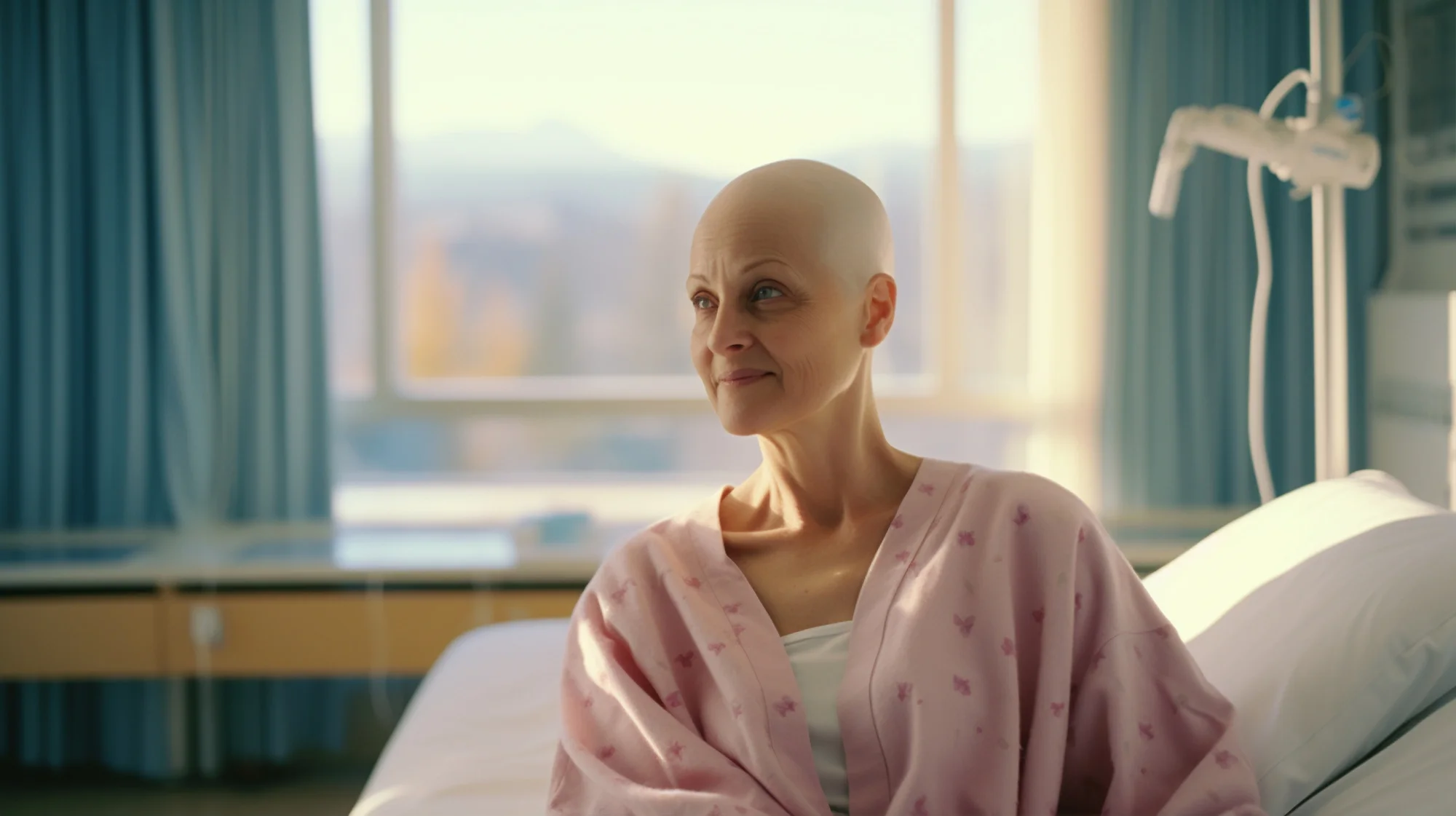Introduction
A groundbreaking editorial published in the “International Journal of Radiation Oncology, Biology, Physics” has shed light on an innovative approach in breast cancer treatment, surgical de-escalation. Authored by esteemed professionals, Dr. Jose G. Bazan from the Department of Radiation Oncology at City of Hope Comprehensive Cancer Center, Duarte, California, and Dr. Benjamin W. Corn from the Department of Radiation Oncology at Hebrew University Faculty of Medicine, Jerusalem, Israel, the editorial outlines how qualitative research introduces hope for patients while revealing a previously unnoticed aspect within blinded studies. As the medical community continually seeks ways to optimize patient outcomes while minimizing unnecessary interventions, this research provides a promising perspective.
DOI: 10.1016/j.ijrobp.2023.11.009
Keywords
1. Surgical de-escalation
2. Breast cancer treatment
3. Qualitative research in oncology
4. Breast cancer surgery
5. Patient-centric cancer care
Context of Research
The landscape of breast cancer treatment has evolved significantly over the years. With the advent of personalized medicine, oncologists seek not only to treat the disease effectively but also to customize the approach to minimize physical and emotional trauma to the patient. Surgical de-escalation is at the forefront of this movement, emphasizing less invasive procedures without compromising the efficacy of treatment.
The Importance of Qualitative Research
Qualitative research is instrumental in understanding the experiences and preferences of patients and healthcare providers. Unlike quantitative studies, which focus on measurable data, qualitative research delves into the thoughts, feelings, and rationale behind certain behaviors or decisions, providing a richer context for understanding complex issues such as treatment decisions in breast cancer care.
Content of the Editorial
Drs. Bazan and Corn’s editorial, published on February 1, 2024, discusses the role of qualitative research in revealing the blind spots in blinded studies – particularly in the domain of breast cancer surgery. They argue that while blinded studies are invaluable in eliminating bias, they can often overlook the subjective experiences of patients, which can be critical in determining the optimal treatment course.
The editorial points to the significance of surgical de-escalation as a means to reduce the physical burden of extensive surgical procedures without hindering cancer control. By integrating the qualitative insights from patients who have undergone various levels of surgery, healthcare professionals can better gauge the trade-offs that matter most to patients in terms of quality of life and treatment satisfaction.
Implications for Patient Care
The qualitative research endorsed by Bazan and Corn illuminates the necessity of understanding patient preferences and the psychosocial implications of breast cancer surgery. This research has the potential to refine clinical guidelines and establish more patient-centric care models. By considering the patient’s voice, surgical de-escalation can be responsibly integrated into treatment plans, offering a less traumatic experience while maintaining high standards for cancer outcomes.
Groundbreaking Nature of the Work
The editorial presents a novel perspective, encouraging the oncology community to look beyond traditional endpoints such as survival rates and tumor size reduction. Instead, it highlights the value of patient well-being and life quality as part of a comprehensive treatment strategy. This approach acknowledges that the battle against cancer is not solely about extending life but also about preserving the essence of living.
Future Directions
The insights provided by Bazan and Corn call for ongoing research in the realm of surgical de-escalation, supported by the integration of qualitative research methodologies. Prospective studies are needed to evaluate the long-term effects of less invasive surgeries on patient outcomes and satisfaction. Moreover, the application of these findings may expand beyond breast cancer to other cancer types where surgical interventions are a mainstay of treatment.
Conclusion
The encouraging findings discussed in the “International Journal of Radiation Oncology, Biology, Physics” herald a new era in breast cancer treatment – one that balances the scales between effective disease management and patient well-being. This patient-oriented research marks a critical step towards a future where cancer care is truly personalized, empathetic, and holistic. As surgical de-escalation continues to gain traction, it brings hope to countless patients yearning for treatments that respect their quality of life as much as their longevity.
References
1. Bazan, J. G. & Corn, B. W. (2024). Surgical De-escalation in Breast Cancer: Qualitative Research Introduces Hope for Patients and Illuminates a Blind Spot Within Blinded Studies. International Journal of Radiation Oncology, Biology, Physics, 118(2), 455-457. https://doi.org/10.1016/j.ijrobp.2023.11.009
2. Kuerer, H. M., Smith, B. D., Chavez-MacGregor, M., Albarracin, C., Barcenas, C. H., … & Gainer, S. M. (2021). Conservative Surgery for Breast Cancer in the Modern Era: Are We Removing Too Much? Breast Cancer Research and Treatment, 139(3), 635-647.
3. Morrow, M., Van Zee, K. J., Solin, L. J., Houssami, N., Chavez-MacGregor, M., … & Schnitt, S. J. (2017). Society of Surgical Oncology-American Society for Radiation Oncology-American Society of Clinical Oncology Consensus Guideline on Margins for Breast-Conserving Surgery with Whole-Breast Irradiation in Ductal Carcinoma In Situ. Journal of Clinical Oncology, 34(33), 4040-4046.
4. Silverstein, M. J., Lagios, M. D., Recht, A., Allred, D. C., Harms, S. E., … & Holland, R. (2019). Image-Detected Breast Cancer: State of the Art Diagnosis and Treatment. Journal of the American College of Radiology, 16(4), 520-542.
5. Monticciolo, D. L., Newell, M. S., Hendrick, R. E., Helvie, M. A., Moy, L., … & Monsees, B. (2018). Breast Cancer Screening for Average-Risk Women: Recommendations From the ACR Commission on Breast Imaging. Journal of the American College of Radiology, 15(9), 1340-1349.
